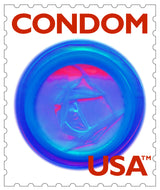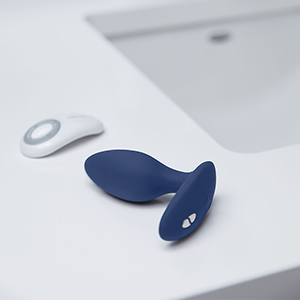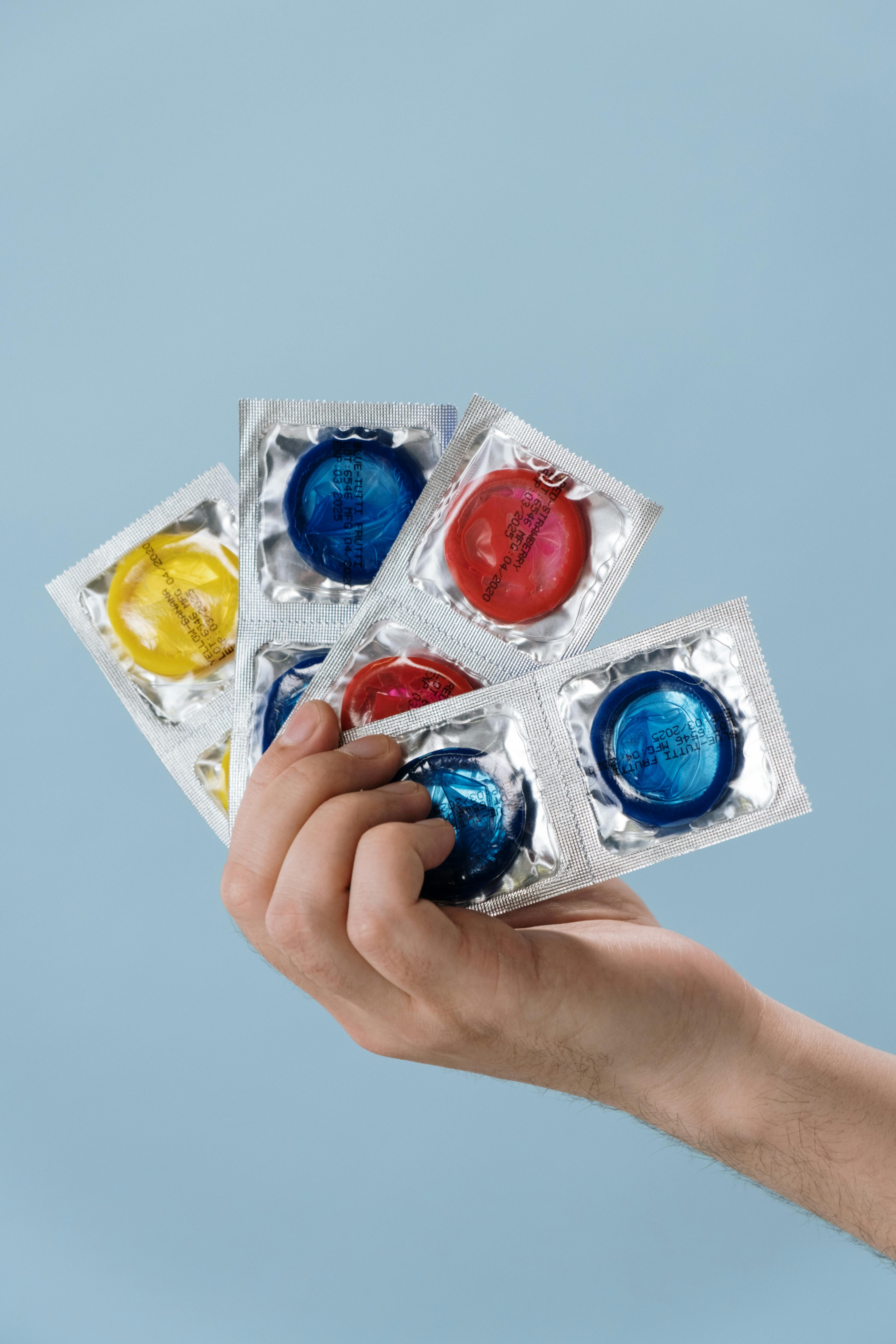Human Immunodeficiency Virus, or HIV, is an infectious agent that has killed over 25 million people since the beginning of the epidemic in the early 1980s. Currently, over 33.4 million people in the world are infected with HIV or have AIDS. AIDS, Acquired Immune Deficiency Syndrome, is the final stage of the HIV disease. The median survival time for someone infected with AIDS is approximately 6 to 9 months. There is no cure for HIV or AIDS. That means prevention is the most important step in protecting your health. Here's how to get started.

HIV invades the T-cells or CD4 cells in the blood, uses the cell to reproduce itself and then ultimately destroys the cell, leaving the blood vulnerable to other infections and diseases. This eventually leads to AIDS.
Preventing Infection
(1)Educate yourself.
Some people fear touching, speaking to or interacting with HIV+ people in general, but it's important to understand that you cannot contract the disease from sharing food with them, using the bathroom after them or shaking their hands. HIV is only transmitted through certain bodily fluids carried by an infected person.
Know how infection is transmitted. There are, however, certain bodily fluids that can lead to HIV infection. They are: blood, semen, pre-seminal fluid, breast milk and vaginal fluid.[3] Any exposure to these fluids could result in acquiring HIV.
Understand the prognosis. Once someone tests HIV+, there is no cure. Modern medicine has been able to slow down the development of AIDS and help HIV+ patients live relatively comfortable lives, but the virus will never leave the person's body. Additionally, infecting others is still a concern.
(2)Reduce your risk of exposure.
Avoid the body fluids that carry the virus and use safe and clean practices when having sexual intercourse, working near infected people or doing recreational drugs.


-Reduce your sexual risk factors. Several precautions can reduce your chances of getting HIV through oral, anal or vaginal sex. Limit the number of sexual partners you have, know the status of someone before you sleep with them and always use condoms or dental dams. Use all contraceptives correctly to prevent not only HIV infection, but infection with other STIs.
-Decrease your risk of being exposed while using drugs. Use new, sterile syringes each time. Make sure to receive your needles from a reputable source. Never reuse or share anything used to prepare or take drugs including water (as this could be contaminated). After using, always dispose of all of your equipment or sterilize it to kill any viruses.
-Reduce your exposure at work or in public. Health professionals or anyone who comes into contact with bodily fluids that can carry the virus should always be cautious at work.
Never recap sharp objects (syringes, lancets, etc.) after use.
Always dispose of used sharp objects in a clear container to avoid accidental contact.

Wear the proper safety protection (gloves, gowns, goggles, etc.) when working with blood or other fluids. Most importantly, always treat all blood and body fluids as if they are infectious.
Getting Diagnosed
(1)Look for symptoms. Two to four weeks after being infected, people who are HIV+ experience flu-like symptoms. This is called ARS (acute retro-viral syndrome) and is described as the "worst flu ever." The person may experience fever, sore throat, swollen lymph nodes, and a rash. These symptoms will likely last up to 4 weeks. If you notice these symptoms get tested right away.
(2)Get tested regularly. Testing is the only way to actually know your status. This can prevent you from accidentally passing on the virus to someone else. When you get tested, you will most likely be given a blood test, although urine or a swab of fluid are also used. The results will come back in a few days or as little as 20 minutes.
(3)Consider using post-exposure prophylaxis. If you are exposed, or fear that you have been exposed to infected fluids, you may be able to take post-exposure prophylaxis, an antiretroviral drug. This medication, when taken immediately after exposure (or up to 72 hours after) can drastically reduce your chances of becoming infected.
The Centers for Disease Control and Prevention recommend that only HIV negative people who have recently been exposed to HIV use this drug. Abusing this drug can result in serious health risks. While this drug does not cure HIV, it can, if used properly, prevent the risk of seroconversion.
Living with HIV
(1)Understand that you don't necessarily have AIDS. Being HIV+ does not mean that you have AIDS. With medical help, the development of AIDS can be delayed or even prevented. It's also important to be careful in exposing other to the virus. While this won't avoid your risk of getting AIDS, it can drastically reduce the risk of those around you from being exposed.
(2)Slow the development of AIDS. If you act early and have access to adequate medical care, you can potentially stave off AIDS and lead a relatively healthy life. Here's what to do:

Make an appointment with a doctor who specializes in treating HIV or AIDS. Find an infectious disease (ID) specialist in your area. Be aware that, depending on your condition, he or she may ask you to see other doctors as well to address other aspects of your health.
Make a list of any concerns, questions, symptoms and other medical conditions you have. This will help your doctor guide the conversation during your appointment. Certain medications are not compatible and the doctor may need to look over your medication regimen and your symptoms to ensure that your are maximizing the benefits of your medications. Also use the time before an appointment to write down any questions or concerns. Having an expert discuss these thoughts with you will decrease your stress levels, help you find valuable sources of information and set expectations for future problems that may arise.
Be informed about your specific diagnosis. Do research. No question is unimportant. HIV is a life-changing disease and the more information you have, the better you will be able to cope with your condition.
Accept that finding the right medications for you is a process. Like many other diseases, there is a trial and error process with finding the right medications. Be sure to be open with your doctor about any side effects you may be experiencing as these may be a sign of a more serious problem. Don't get discouraged during this adjustment process. Modern medications have improved the general health and well-being of HIV patients over the last decade and helped to reduce the progression of HIV into AIDS.
Reduce your expose to other infectious diseases. Because HIV affects your immune system, this will exacerbate any other infections or diseases you may acquire. Be sure to take precautions during flu season or if you feel like you might be exposed to a virus.

AIDS can be a deadly disease. Many people need help coping with the stress and uncertainty of their situation. Things like community support groups, open dialogue with family and friends, and counselors can all help you deal with the ups and downs of being diagnosed.
(4)Reduce the risk of exposing others to the virus. If you're keeping your HIV+ status a secret (as most people do), then it becomes your responsibility to try to limit the exposure of the uninfected people around you.

Take all of your medications on time. By doing this, you ensure that your "viral load" in your body fluids is low. This will keep your body healthier and prevent the chance of infecting those around you.

If you're pregnant, talk to your doctor about options. While there is no vaccine or cure for this disease, there are medications that can be taken to reduce the chance of a mother passing the virus to a baby throughout the pregnancy, during labor and though breast-feeding. While this is not 100% effective, it does significantly reduce the risk.

















Leave a comment